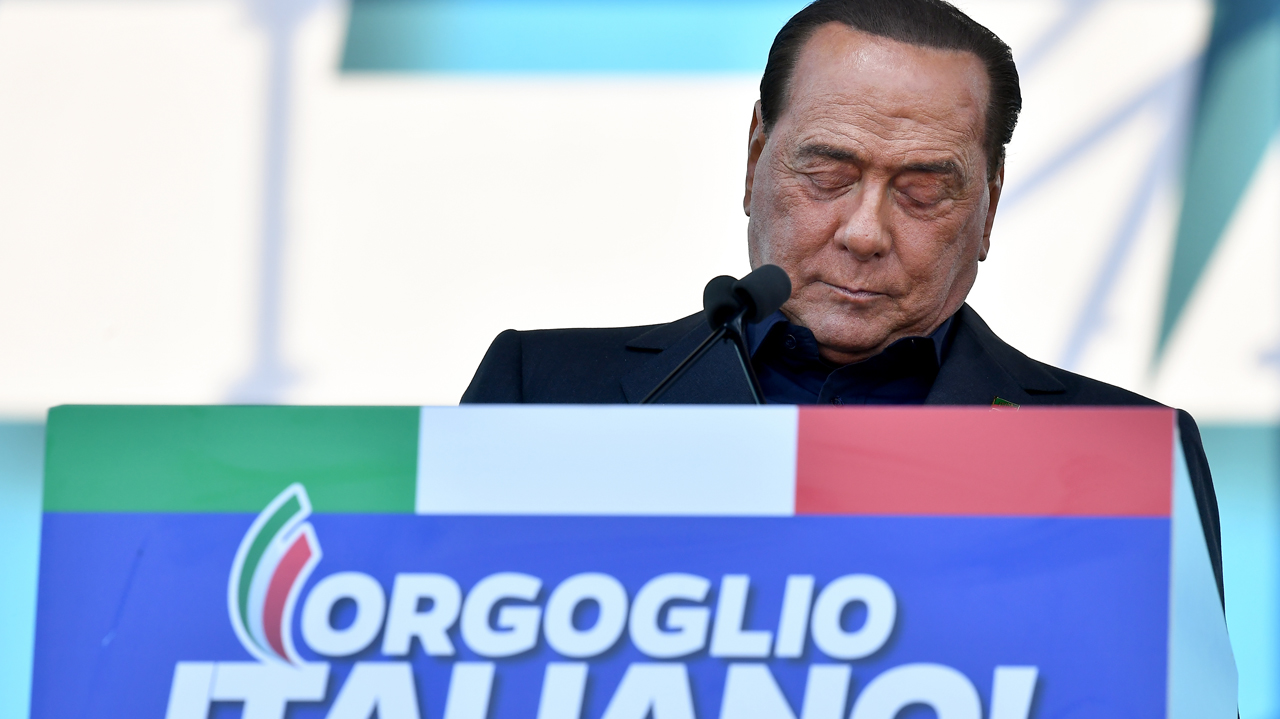
Firebrand Matteo Salvini is determined to wrest the hilly region prized for its truffles and prosciutto from the left, which has governed it for 70 years, by capitalising on a health scandal and biting economic crisis.
“Never before has Umbria, with its 884,000 inhabitants, been such an important thermometer for national politics,” the Sole 24 Ore daily said in the run-up to the vote.
Polling stations opened at 7 am and close at 11 pm (2200 GMT), with the results not expected before Monday.
Salvini collapsed Italy’s previous populist government two months ago when he was deputy prime minister in a failed bid to spark a parliamentary election he hoped to win.
He was thwarted by an unexpected tie-up between former foes, the anti-establishment Five Star Movement (M5S) and centre-left Democratic Party (PD), which joined forces to stop him.
Salvini has since channelled all his energies into a return to power, allying his anti-immigrant League with the smaller, far-right Brothers of Italy, and former prime minister Silvio Berlusconi’s center-right Forza Italia.
The M5S and PD believe running together locally is the only way to stop the right from taking not only Umbria but also key regions such as the left-wing heartland of Emilia-Romagna, which votes early next year.
“If the first experiment of the PD-M5S alliance ends with a League triumph… someone at Palazzo Chigi (the prime minister’s office) should ask themselves why,” Salvini said at a campaign rally.
Should the right win, the 46-year old could “attempt the ascent to Palazzo Chigi, winning one region after another”, the Sole 24 Ore said.
“A defeat, however, would sting: it would mean he had made the wrong moves from August 8 (when he toppled the government) onwards.”
– Marching ‘as one’ –
The last polls put the right’s candidate, Donatella Tesei, ahead with between 48 and 52 percent, compared to between 41 and 45 percent for PD-M5S candidate Vincenzo Bianconi.
“Many consider Umbria to be as fundamental as Ohio is for the US presidential elections: here we’ll see what kind of future the ‘Yellow and Red’ government has,” the Corriere della Sera newspaper said, referring to the M5S and PD colours.
Political expert Gianfranco Pasquino said a M5S-PD defeat would be “a very negative sign for the government”.
Salvini hopes to tap into disillusionment over an economic crisis worsened by a series of earthquakes that struck central Italy in 2016, killing hundreds of people and devastating towns and villages.
The region was already suffering from the economic crisis, which hit historic companies like chocolate maker Perugina hard.
Umbria’s biggest factory, the Terni steelworks, has struggled for years and periodically risks closure.
The left is also hampered at the ballot box by a health sector scandal: Umbria governor and PD member Catiuscia Marini quit in April following a probe into competitive exams for the hiring of hospital staff.
Political watchers have warned a serious defeat of the M5S could mean curtains for its leader Luigi Di Maio, with potentially serious repercussions for the fragile governing coalition.
The left-wing Repubblica daily said Di Maio and Prime Minister Giuseppe Conte were losing sleep over the vote — though the latter has laughed that off, insisting “Umbria is not a test for the government.”
Italian pollster Renato Mannheimer agreed, saying that “the real test will be in Emilia-Romagna in January.”



